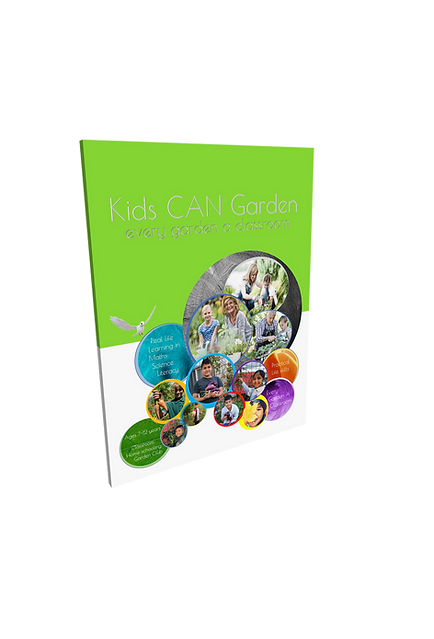Real life learning for the real world
Purpose
Condifence
Social Skills
Awareness
Resilience
NATURAL LEARNING | GUIDED DISCOVERY
Every garden another room of your homeschool.
Being involved in the design, creation and care of gardens most of my life ( from 7 years old ). I can say it overwhelms me, how much the natural world we live in, can teach us. Natural learning has its own curriculum, which is for anybody, any age, any place and you progress at any pace.
Lets dive deeper into the design of the curriculum for natural learning :
-
Seasonal learning where each quarterly event is different to the previous but connect and serves a unique purpose
-
Made up of natural cycles
-
Requires “hands on” engagement and personal motivation
-
Integrates across many subject areas
-
Leads to deeper learning by shifting from surface learning and content coverage to in-depth understanding
-
Engaging in relevant, meaningful activities that can be connected to real life
-
Natural learning undertakes self-assessment
-
One core subject of natural learning is personal development, how we develop as people and the skills we gain and how to integrate into a community
-
Conducted in a natural learning environment
Regardless, of which style of homeschool, you have chosen – traditional, classical, unit studies, unschooling or Charlotte Mason, outdoor natural learning serves to teach us to look at the world in a different way. This bring our head, heart and hands together for your whole family.
Homeschooling garden provides
1
Social and Emotional support
Encourage, engage as they discover more of the natural outside world around them and together lead them to develop awareness, responsibility, flexibility, and perseverance.
2
Role modelling
Facilitate, guide your kids through the activities as the garden becomes another room of your homeschool. Journaling and reflection at the end of each topic allow you to monitor their progress.
3
Personal development Support
Gardens creates a framework for kids feeling they belong, connected to a purpose, and able to perform to their full potential.
Gardens allow kids to take risks, tackle problems and challenges , learn forward planning, manage time and tasks required also experience loss and disappointment. Happy kids will integrate well with others and any problems will be spotted, allowing you to provide the support required.
4
Learning Support
Outdoor learning in the garden supports science, math's and literacy by providing practical applications in the real world through activities and projects.
5
Community Engagement
Creating a garden will require sustainable relationships with the broader community.
· Obtain supplies and resources
· Assistance from parents, guardians or friends
· Setting up a grower’s market
· Support from others to obtain guidance or advise

Kids CAN Garden at a glance




Request a sample
Instant PDF download

 |  |  |  |
|---|












